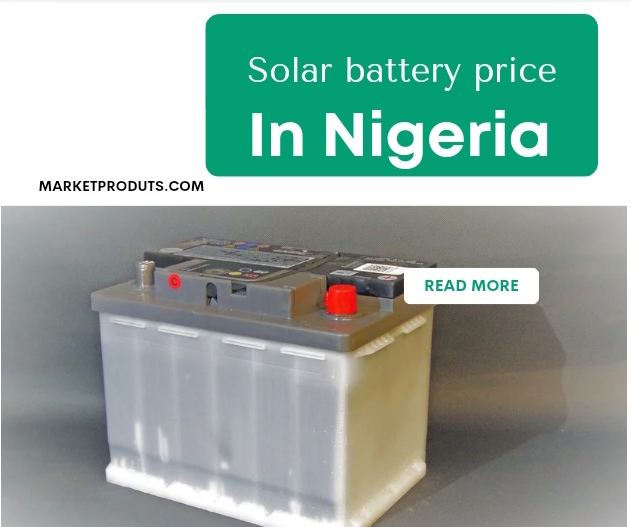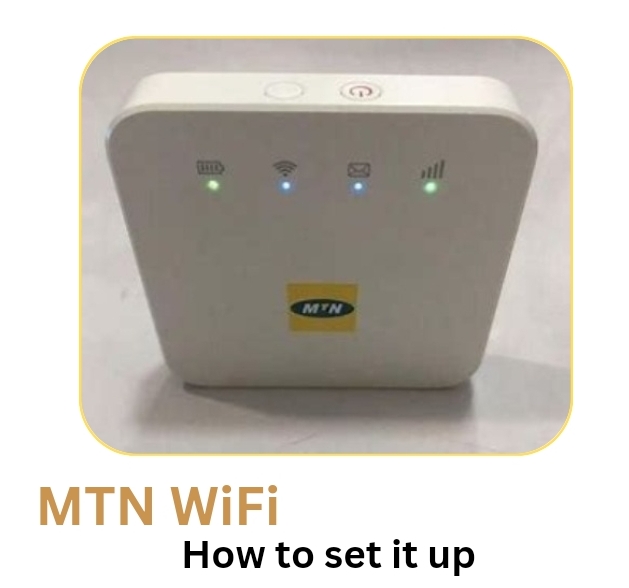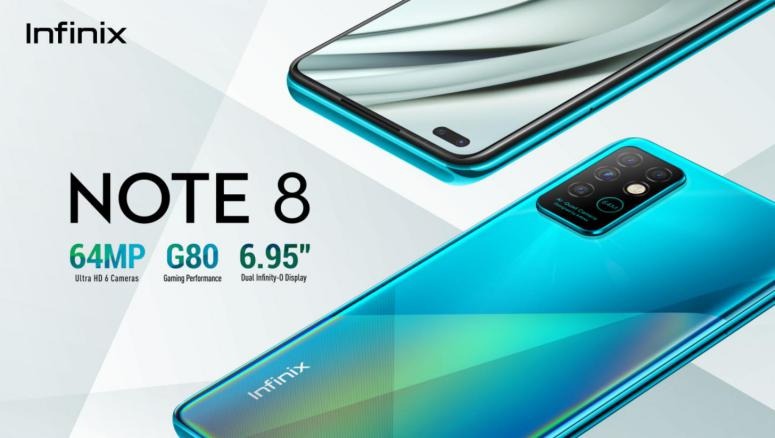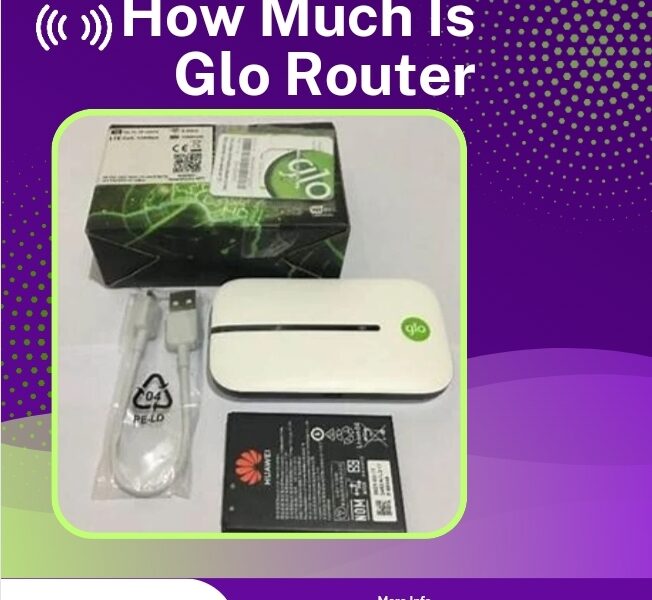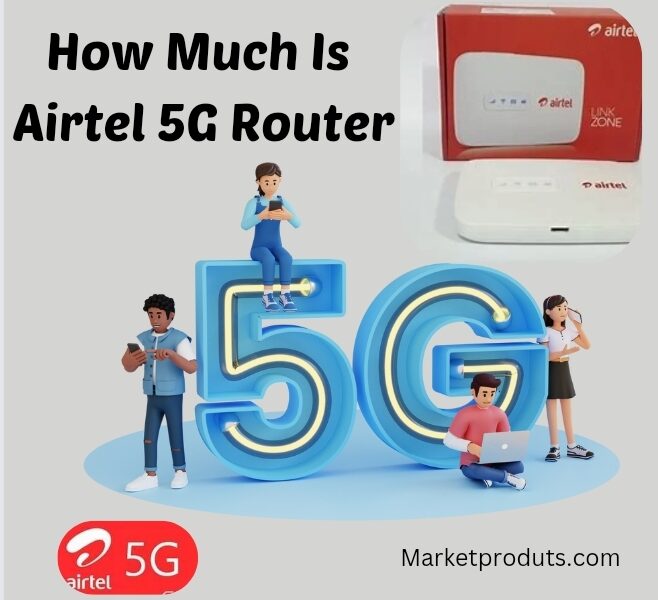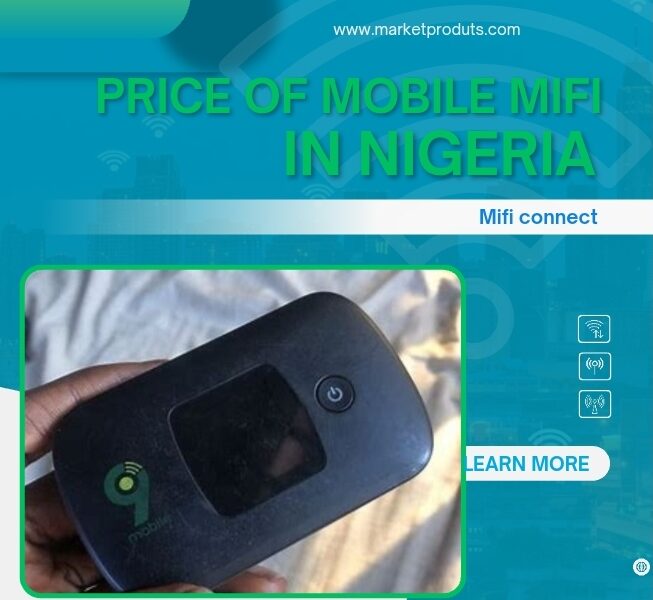As the demand for reliable power solutions grows and the cost of fuel keep increasing without control couple with unstable electricity many Nigerians are turning to solar energy as a viable alternative. The unreliable state of the national grid has made solar energy not just a choice but a necessity for many households and businesses. One of the critical components of a solar energy system is the solar battery, which stores energy for use when the sun isn’t shining. In this guide, we will explore the various aspects of solar battery prices in Nigeria, providing valuable insights into what affects these prices, the types of solar batteries available, and tips for choosing the right one.
Understanding Solar Battery Prices in Nigeria
The solar battery price in Nigeria varies widely based on several factors. These factors include battery capacity, type, brand, and the specific retailer or supplier. On average, the price of solar batteries in Nigeria ranges from ₦50,000 for small-capacity batteries to as high as ₦1,500,000 or more for high-capacity, high-performance batteries.
Factors Influencing Solar Battery Price in Nigeria
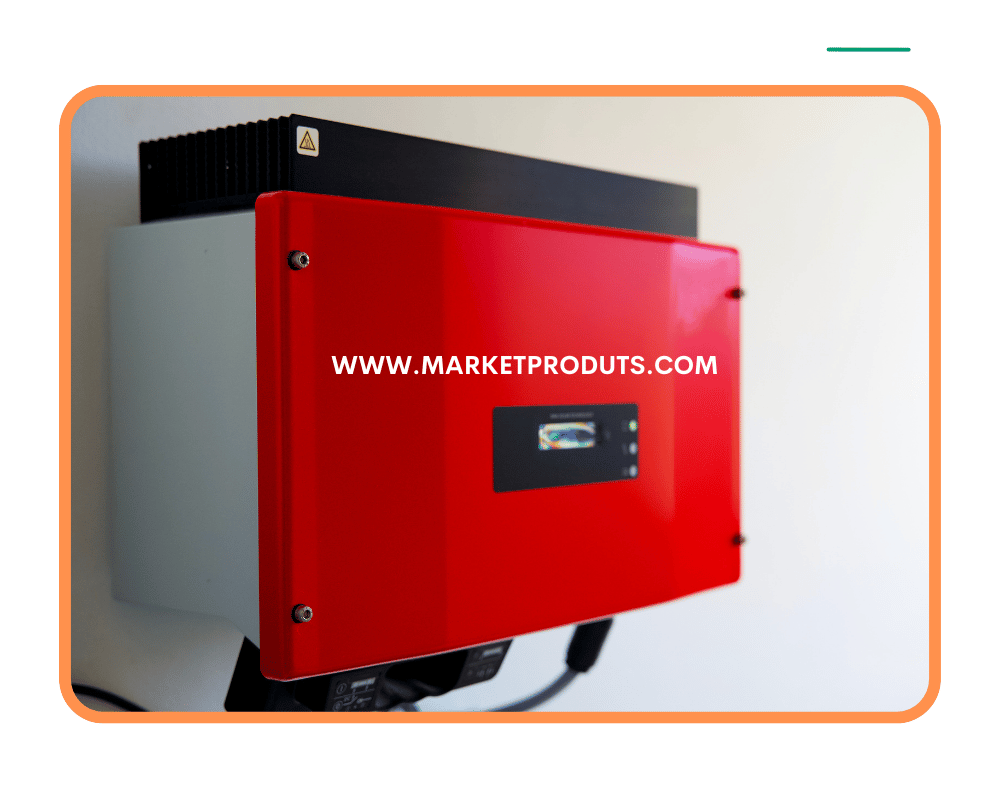
1. Capacity and Power Output
The capacity of a solar battery, measured in Ampere-hours (Ah) or kilowatt-hours (kWh), significantly influences its price. Batteries with higher capacities, such as 200Ah or 300Ah, are generally more expensive because they can store more energy, making them ideal for larger homes and businesses. For example, a 12V 200Ah battery may cost around ₦150,000 to ₦250,000, while a 300Ah variant could cost between ₦300,000 and ₦500,000.
2. Type of Battery
There are different types of solar batteries available in Nigeria, each with its own price range:
- Lead-Acid Batteries: These are the most common and affordable solar batteries in Nigeria. They are further divided into flooded and sealed types. Flooded lead-acid batteries are cheaper but require regular maintenance. Sealed lead-acid batteries, also known as Maintenance-Free (MF) batteries, are more expensive but offer convenience and safety.
- Lithium-Ion Batteries: Known for their long lifespan, lightweight, and efficiency, lithium-ion batteries are more expensive than lead-acid batteries. However, their high efficiency and durability make them a better long-term investment. The price of lithium-ion solar batteries in Nigeria typically ranges from ₦400,000 to ₦1,500,000, depending on the capacity.
- Gel Batteries: A type of sealed lead-acid battery, gel batteries are popular for their deep-cycle capabilities and longer lifespan compared to conventional lead-acid batteries. Their price range falls between ₦200,000 to ₦600,000 in Nigeria.
3. Brand and Quality
The brand reputation and quality of the battery also play a significant role in determining the solar battery price in Nigeria. Well-known brands like Luminous, Sukam, and BlueNova tend to have higher prices due to their proven reliability and performance. On the other hand, lesser-known or generic brands may offer more affordable options, but they often come with the risk of lower durability and performance.
4. Warranty and After-Sales Support
Solar batteries with longer warranty periods generally cost more. This is because manufacturers offer warranties as a guarantee of the product’s quality and durability. In Nigeria, warranties for solar batteries range from one year to as much as five years or more for high-end brands. Batteries with comprehensive after-sales support, including technical assistance and replacement services, tend to be more expensive.
5. Market Demand and Supply
The law of demand and supply also affects the solar battery price in Nigeria. During periods of high demand, especially when there are extended power outages, the prices of solar batteries may rise. Conversely, during periods of low demand, prices may stabilize or decrease slightly.
Read more: The price of solar panel in Nigeria
Types of Solar Batteries and Their Prices in Nigeria
1. Lead-Acid Batteries
Lead-acid batteries are the most commonly used type in Nigeria due to their affordability and availability. They are ideal for small-scale solar installations or for individuals on a tight budget. Here is an overview of the prices:
- Flooded Lead-Acid Batteries: Prices range from ₦50,000 to ₦150,000 for capacities between 100Ah and 200Ah.
- Sealed Lead-Acid Batteries (AGM or MF): Prices range from ₦100,000 to ₦250,000 for capacities between 100Ah and 200Ah.
2. Lithium-Ion Batteries
Lithium-ion batteries are becoming increasingly popular in Nigeria due to their long lifespan and high efficiency. These batteries are suitable for both residential and commercial solar systems.
- Lithium-Ion Solar Batteries: Prices range from ₦400,000 to ₦1,500,000, depending on the capacity (ranging from 100Ah to 500Ah) and brand.
3. Gel Batteries
Gel batteries are an excellent choice for those looking for a balance between cost and performance. They are particularly suitable for locations with high temperatures, as they perform better in such environments compared to lead-acid batteries.
- Gel Solar Batteries: Prices range from ₦200,000 to ₦600,000 for capacities between 100Ah and 300Ah.
How to Choose the Right Solar Battery in Nigeria
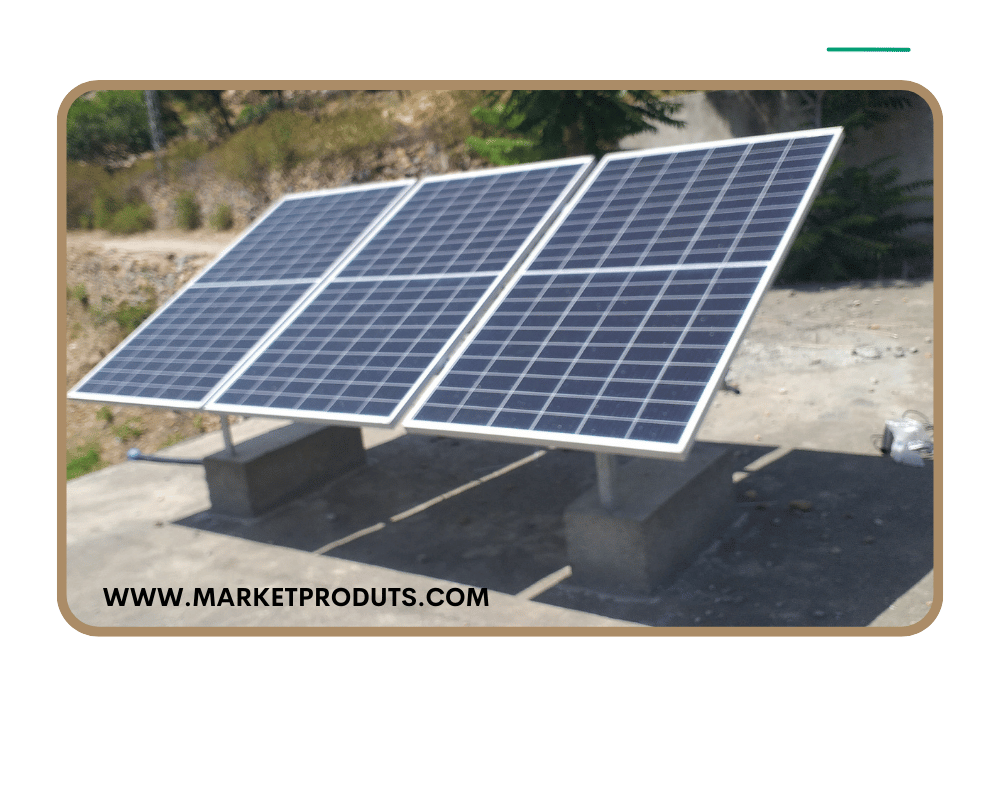
1. Determine Your Energy Needs
Before selecting a solar battery, it’s essential to assess your energy needs. Consider the appliances and devices you intend to power and the duration you expect them to run on stored energy. This will help you determine the appropriate battery capacity and type.
2. Consider Your Budget
While choosing a solar battery, your budget plays a significant role. If you have a limited budget, you may opt for lead-acid batteries. However, if you are willing to invest in a more durable and efficient option, lithium-ion or gel batteries would be better choices.
3. Check for Warranty and Support
Always go for solar batteries that come with a warranty. A longer warranty period indicates a higher level of quality assurance from the manufacturer. Moreover, consider the after-sales support available from the retailer or manufacturer to ensure you have the necessary technical support when needed.
4. Compare Prices and Brands
It’s advisable to compare prices from different retailers and brands. While popular brands may cost more, they often provide better performance and reliability. However, if you are on a budget, there are still lesser-known brands that offer good quality at a more affordable price.
5. Evaluate the Battery Life Cycle
The life cycle of a solar battery is an important factor to consider. Lithium-ion and gel batteries generally have more charge-discharge cycles than lead-acid batteries, translating to a longer lifespan. Therefore, while they may have a higher upfront cost, they can be more cost-effective in the long run.
Where to Buy Solar Batteries in Nigeria
The solar battery price in Nigeria can vary depending on where you purchase it. Here are some common places to buy solar batteries in Nigeria:
1. Online Retailers
Platforms like Jumia, Konga, and Jiji offer various solar batteries with different capacities and brands. Shopping online allows you to compare prices easily and read customer reviews before making a decision. However, be cautious of counterfeit products and ensure you buy from reputable sellers.
2. Local Dealers and Distributors
Many local dealers and distributors specialize in solar energy solutions. Buying from them often provides you with the advantage of face-to-face consultations, professional installation services, and the opportunity to negotiate prices.
3. Authorized Brand Retailers
Purchasing directly from authorized brand retailers ensures you get genuine products with the appropriate warranties and after-sales support. Brands like Luminous, Sukam, and BlueNova have official dealers and outlets across Nigeria.
Conclusion
The solar battery price in Nigeria is influenced by several factors, including capacity, type, brand, warranty, and market demand. While the cost may seem high initially, investing in a high-quality solar battery can provide a reliable and sustainable energy solution, saving you money on electricity bills in the long run. Whether you are looking for a budget-friendly option or a high-end battery with advanced features, understanding your energy needs and doing thorough research will help you make the best choice for your solar energy system in Nigeria.
By making an informed decision, you can enjoy uninterrupted power supply and contribute to a greener and more sustainable future for Nigeria.
